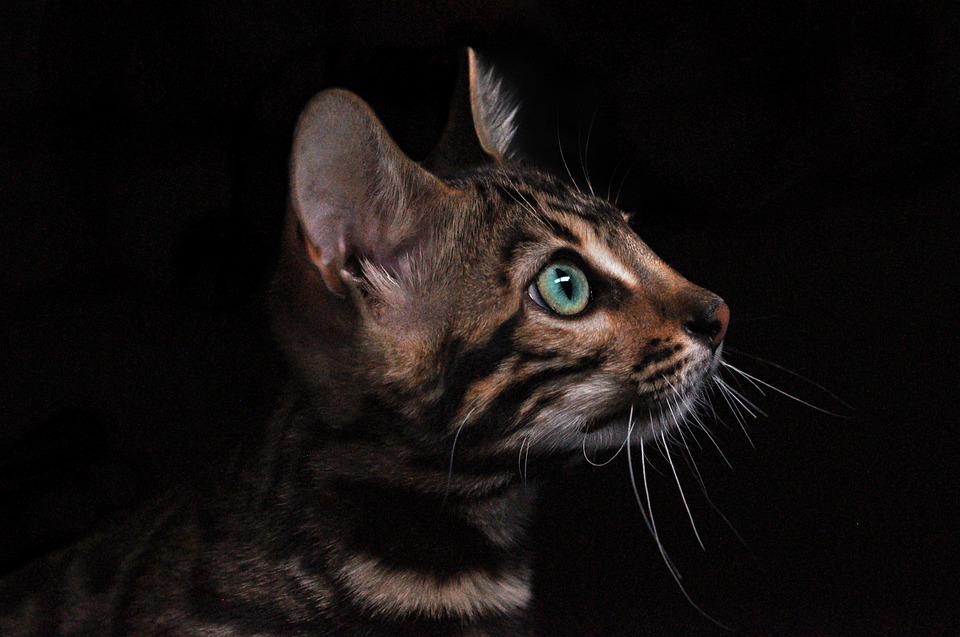Excessive meowing for attention can be a common issue among cats, causing frustration for both pet owners and their furry companions. However, by understanding the root causes behind this behavior and implementing effective strategies, you can prevent excessive meowing and establish a harmonious environment for both you and your cat.
One of the common causes of excessive meowing is hunger or thirst. Cats may vocalize excessively when they are in need of food or water. Ensuring that your cat’s nutritional needs are met with a balanced diet and a constant supply of fresh water can help reduce attention-seeking meowing.
Loneliness or boredom can also contribute to excessive meowing. Cats are social creatures and require mental and physical stimulation. If they lack companionship or engaging activities, they may resort to excessive meowing. Providing interactive toys, regular playtime, and even considering adopting another cat can alleviate their loneliness and boredom.
It’s important to consider that medical issues can also lead to increased meowing. Certain health conditions such as hyperthyroidism, dental problems, or discomfort can cause your cat to meow excessively. If you notice a sudden change in your cat’s meowing behavior, it is advisable to consult a veterinarian to rule out any underlying medical issues.
Stress or anxiety can also be a contributing factor to excessive meowing. Cats are sensitive to changes in their environment, and events such as relocation, introducing new pets, or disruptions in their routine can cause stress and anxiety, leading to excessive vocalization. Creating a calm and secure environment and using cat-friendly pheromone diffusers can help reduce their anxiety levels.
To prevent excessive meowing, it is important to implement effective strategies. Establishing a routine is crucial, as cats thrive on predictability. Creating a consistent daily routine for feeding, playtime, and interactive sessions will help satisfy their need for stimulation, reducing attention-seeking meowing.
Providing environmental enrichment is also essential. Offering a stimulating environment enriched with scratching posts, climbing trees, and puzzle toys can keep your cat mentally engaged and prevent excessive meowing caused by boredom.
Positive reinforcement is key to shaping your cat’s behavior. When your cat remains quiet or displays calm behavior, reward them with treats, praises, or playtime. Over time, they will associate silence with positive reinforcement.
While it may be tempting to respond to your cat’s meowing, ignoring unwanted meowing can be an effective strategy. Avoid giving in to their demands every time they meow excessively. Ignoring them can help them understand that meowing is an ineffective way to get attention.
Distraction techniques can also be useful. Redirecting your cat’s attention can help prevent excessive meowing. Utilize toys or engage in interactive play when your cat begins to meow excessively, redirecting their focus away from seeking attention.
In conclusion, understanding the reasons behind your cat’s excessive meowing and implementing preventive measures can significantly reduce attention-seeking behavior. By addressing their needs, providing stimulation, and maintaining a consistent routine, you can establish a peaceful and harmonious relationship with your feline companion. Remember, patience and positive reinforcement are key elements in modifying your cat’s behavior.








